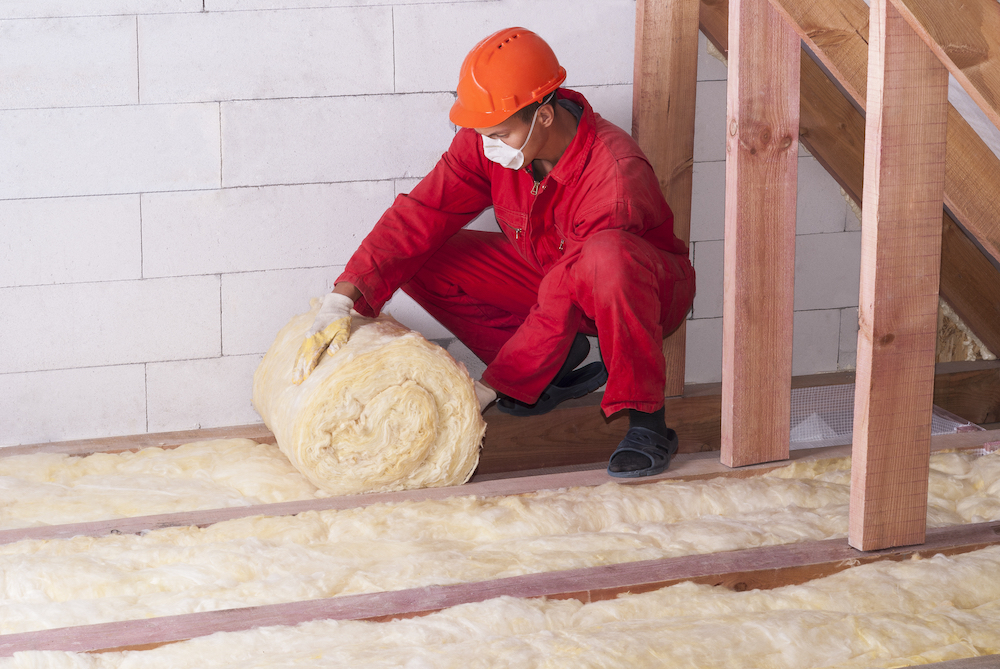The Benefits of Hiring a Residential Insulation Company
residential insulation company are one of the most valuable assets to a new construction business. A qualified residential insulation contractor can assist you with all your energy efficiency needs, no matter what type of project you are working on. Whether it is roofing, flooring, or insulation in an attic, there is a residential insulation company that can help. One of the benefits of hiring a residential insulation company to complete a project is the fact that many of them offer a warranty on their work. It is wise to inquire about this when interviewing potential contractors.
Finding a good residential insulation company is key to saving money on your energy bills. In addition, you will find that completing the project yourself will save money, as well. The difference between completing the project yourself and hiring a contractor to do it for you is the amount of time and effort that you will have to invest in the project. In some cases, it may be more beneficial to hire a residential insulation company than it would be to attempt to complete the project without the benefit of a warranty.
In many instances, you may be offered a discount if you choose to use a residential insulation company instead of a professional commercial insulation contractor. If you already have a high-quality insulation system in place in your home, you may not want to take the chance of replacing it. By having the insulation contractor perform the job at an affordable rate, you can get exactly the same results at a reduced cost. The only difference will be that you will likely be able to get more favorable pricing on the new construction insulation. The investment that you make now will pay off for you later.
Another common problem that many homeowners face is air leaks. Unfortunately, basement insulation is not easily detected by a naked eye. However, air leaks can be extremely detrimental to the overall energy efficiency of your home. This is especially true if you live in a region that has extremely cold winters and very hot summers. Even if you perform routine maintenance on your home’s air ducts, it may not prevent the formation of air leaks, which is why it is imperative to contact a reputable residential spray foam insulation contractor as soon as possible.
In many cases, residential construction companies can perform quick and simple inspections of your home, including duct insulation. Once they determine that air sealing is needed in your home, they are able to design the necessary solution using high-end equipment. However, in order to save money, it often benefits to have the residential construction company perform the inspection and design as well. When they seal your home with commercial grade duct sealing, they are able to seal the walls and floors at the same time, resulting in significant savings on labor. The cost savings that result from this kind of installation far outweigh the cost of hiring an insulation contractor. In addition, residential contractors typically provide walk-through tours of your home to help ensure that you understand the installation process better.
The other major benefit of hiring a residential contractor is the fact that they will be able to offer the same customer service as you would receive if you were hiring a commercial spray foam insulation contractor. Most residential contractors use experienced and skilled contractors who work closely with the client to design the project and complete the necessary inspections. If you choose to hire an insulation contractor, you will also benefit from the wide variety of products that are offered, which makes it easier than ever before to select the right product for your home. In addition, residential contractors are trained to work with any local building code requirements, saving you even more time and frustration. By hiring a qualified contractor, you can be sure that your new construction insulation system will be installed correctly, provide superior air sealing, and be designed to meet local regulatory requirements.


